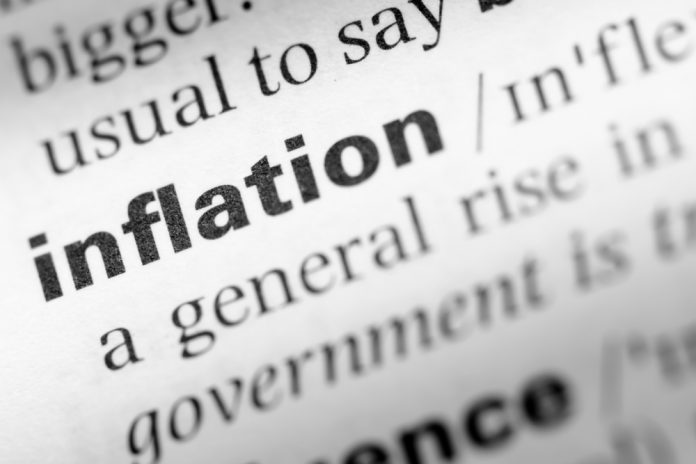The UK inflation rate has hit a six-month high of 2.7 percent.
The rise was unexpected as economists predicted a Consumer Prices Index rate of 2.4 percent.
“Consumers paid more for theatre shows, sea fares and new season autumn clothing last month,” said Mike Hardie, head of inflation at the Office of National Statistics.
“However, mobile phone charges, and furniture and household goods had a downward effect on inflation.”
Following the news, the pound sterling rose to an eight-week high against the US dollar.
Inflation rose following the rising prices for recreational goods, clothing and transport.
Alastair Neame, a senior economist at the Centre for Economics and Business Research, said: “Today’s inflation data show the rate of price growth accelerated in August, and may well prove to have exceeded total earnings growth in the same period. Unless UK workers can increase their productivity, this trend is likely to continue – squeezing living standards over the medium term.”
The Bank of England has said that inflation will fall back to two percent by 2020. The bank has raised its key interest rate for the second time in ten years last month.
Ben Brettell, a senior economist at Hargreaves Lansdown, said: “The figures won’t come as welcome news to the Bank of England, though – they’ll be desperate to leave policy unchanged until we get some clarity over Brexit and won’t want to be forced into a rate rise by accelerating prices.”
Wages are rising more than inflation. Data released last week showed wages grew by 2.9 percent in the three months to July, only just staying ahead of the cost of living.
If inflation continues to rise, it could overtake wage growth.
Emma-Lou Montgomery, an associate director for Personal Investing at Fidelity International, said: “Today’s figures are a body blow to UK households after the latest CPI figures showed that price rises jumped 2.7 percent in August, driven largely by increased costs for recreational and cultural goods and services, transport services and clothing. The latest figures mean that wage growth including bonuses (2.6 percent) has once again fallen behind inflation and means that we are all getting progressively poorer again.”

